In CA: 50,400 minutes — how do you measure five weeks?
Officials warn that's how long we could stay on shutdown. Do you count job losses? The number of permanent business closures? Impacts to mental health? Yes. And I talk to an author who writes about that time she took up boxing at age 28 ... and in the process helped K.O. past demons.
It's Arlene Martínez, bringing you top news for Tuesday.
Let's start things off today with the story of a Palm Springs artist named Claudio D'Agostino, who wrote to civil rights leader and Congressman John Lewis to ask if he could create a sculpture of him. To D'Agostino's delight, Lewis responded and said yes, he would be "delighted."
Lewis died Friday following a months-long battle with cancer.
In California brings you top stories and commentary from across the USA TODAY Network and beyond. Sign up for weekday delivery straight to your inbox.
Five weeks to reopen. Maybe.
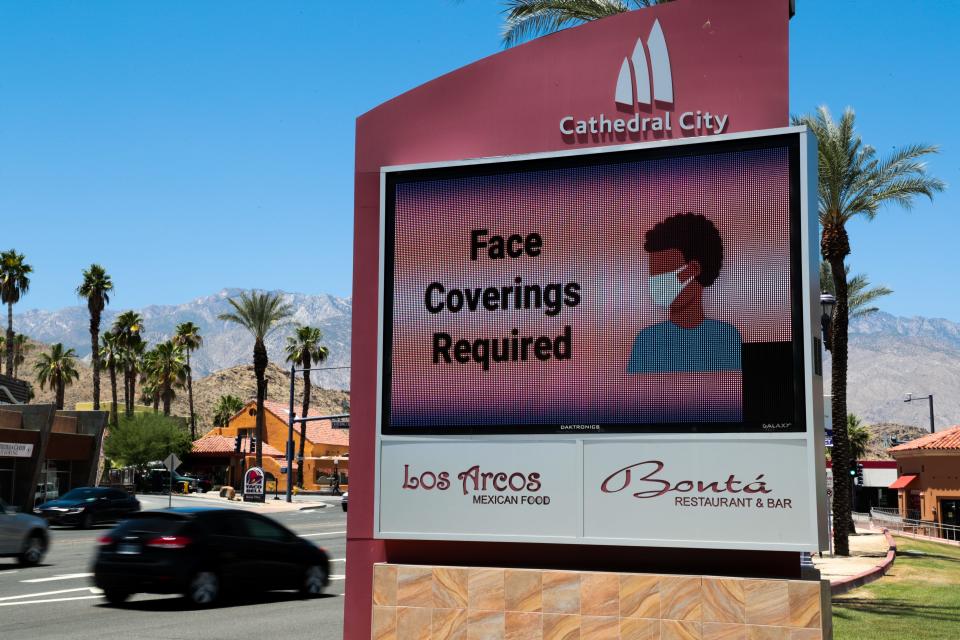
As the state surpassed 400,000 coronavirus cases, public health officials said residents shouldn’t expect a reopening of many services any time soon.
Dr. Mark Ghaly, California's Health and Human Services secretary, said it could take up to five weeks for case and hospitalization rates to stabilize following Gov. Gavin Newsom’s “dimmer switch” actions.
And even then, he said, businesses might not return to normal, as the closures and restrictions are the key factors in reducing the number of cases.
The "dimmer switch" actions refer to the June 18 statewide mandatory face-covering order, the July 1 closures of bars, wineries and indoor operations of restaurants for counties where case growth was out of control, the July 13 order that expanded that order statewide, and the order issued that same day for problem counties to close fitness centers, places of worship, personal hair services and indoor malls.
A major source of income for roughly 30 million unemployed people is set to end next week: KPCC's Larry Mantle talked about the impact during Tuesday's AirTalk.
To get a better handle on the COVID-19 pandemic, every state in the country should be providing more data, says Dr. Tom Frieden, the former director of the U.S. Centers for Disease Control and Prevention.
'A logistical nightmare’: For businesses like barbers, opening outdoors is easier said than done.
ICYMI: 'A culmination of crises': America is in turmoil, and a mental health crisis looms next.
A possible deadly link; evictions; Trump's (illegal?) memo about undocumented residents
Investigators are trying piece together whether Roy Den Hollander of New York City — who is suspected of killing a federal judge's son and wounding her husband in New Jersey — might be the same man who killed lawyer Marc Angelucci, known for his work in men's rights groups, at his San Bernardino County home on July 11.
Ventura is one of several cities to temporarily ban evictions, but some landlords are trying to get tenants out anyway. "Unfortunately, it is one thing to pass a moratorium, and another thing for all the tenants in city and county to know that it is there, to know what their rights are under it and to know that they cannot be evicted," says Lupe Arreola, executive director of Tenants Together, a statewide coalition of local tenant organizations.
President Donald Trump signed a memo saying undocumented residents should not be counted as part of the U.S. Census Bureau's current effort to count every person living in the country. One problem with his direction is, census workers aren't allowed to ask someone's citizenship status. Another problem is it's unconstitutional, experts say.
The $500K earners club in the City of Angels
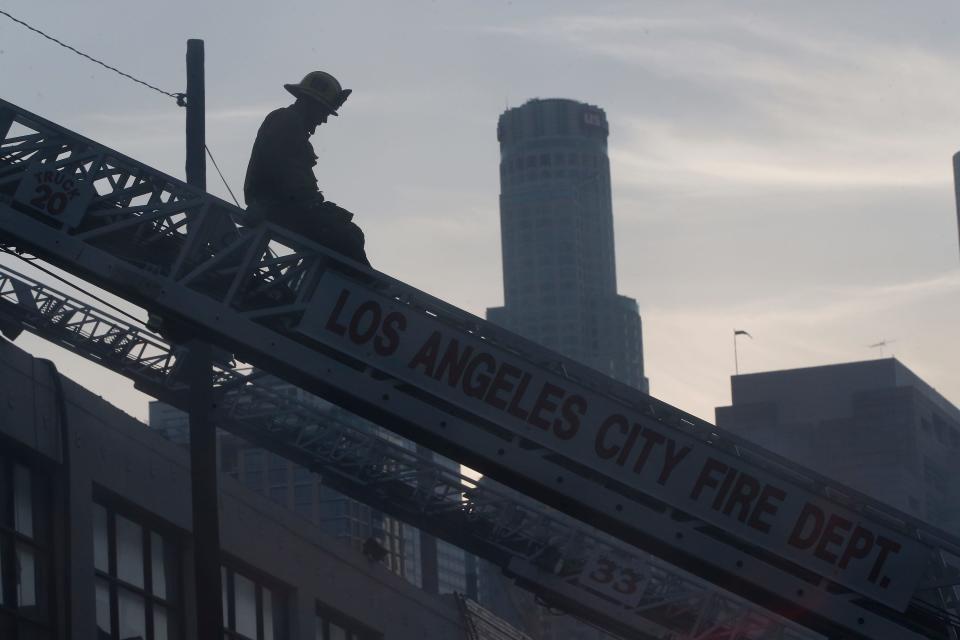
Last week, I told you about the Los Angeles Department of Power and Water principal security guard whose base pay in 2019 was $25,000, but who earned nearly $320,000 in overtime.
Today it's the story of the top 2019 overtime collector in the city of Angels. That would be L.A. Firefighter Donn Thompson, who received just shy of $364,000 in overtime, bringing his total wages to nearly $500,000. Thompson's no stranger to the list of high OT, which boosted his take home-pay to nearly $3 million since 2013, according to the nonprofit Transparent California, which collects public pay records.
While Thompson collected the most overtime, he wasn't the highest-paid overall. Those would be Chief Port Pilot John Dwyer ($522,946), Chief Port Pilot David Flinn ($514,264) and Fire Captain Charles Boswell ($504,380), the nonprofit's analysis shows.
Explore the data here.
Flu season beckons, a seal redesign and researchers track baby sharks
The flu + COVID could be a one-two punch that causes another hospital surge.
An image of the Spanish priest Father Junipero Serra may be removed from the seal of the County of Ventura; last week, Ventura's elected officials agreed to remove it from in front of and inside City Hall.
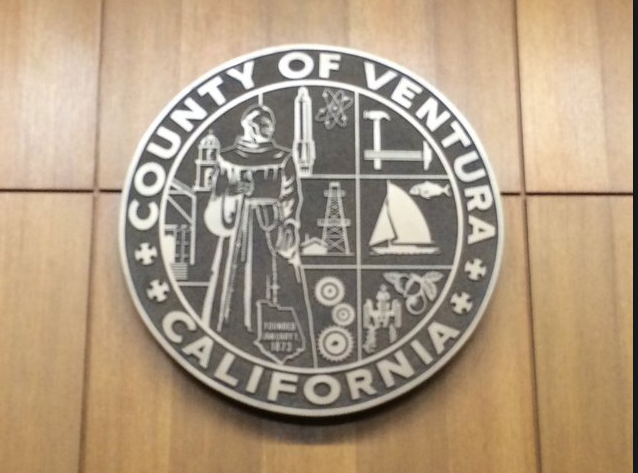
Young white sharks, recently seen off the coast of Ventura County, may be more plentiful than we think. Current research aims to count sharks and people and learn more about how the two groups interact.
From reporting about boxing for at-risk youth to boxing championship titles
There were few women in boxing when Alicia Doyle entered the sport and even fewer who were in their late 20s. But with grit and steely nerves, Doyle quickly rose to the top of the ranks, and she wrote about it.
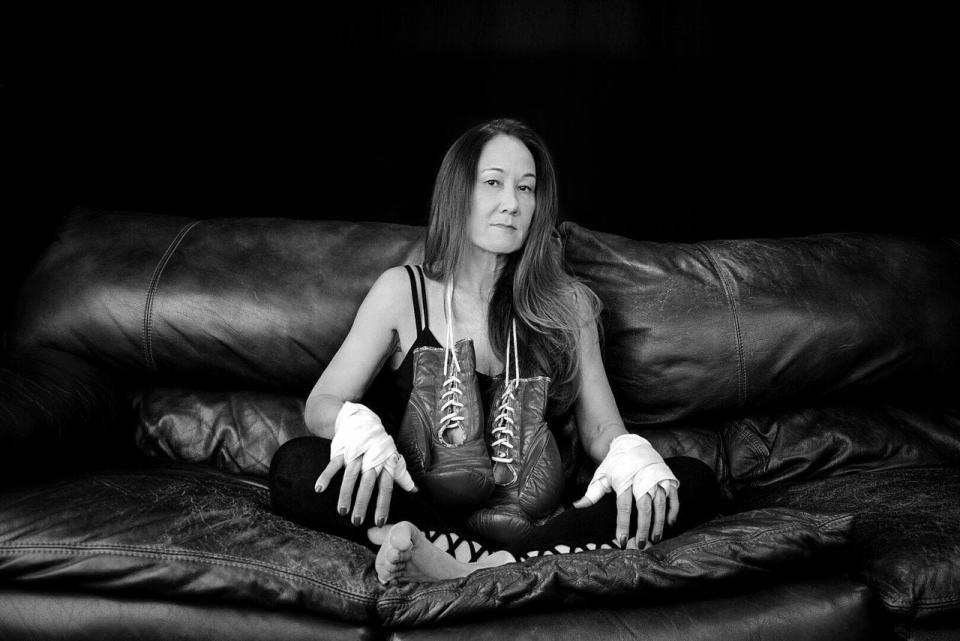
I talked to Doyle about "Fighting Chance," her new book that chronicles her brief but meteoric rise — including winning two Golden Gloves championship titles — and how boxing forced her to confront the things she'd long avoided.
We spoke by email from Ventura, where we both live. Doyle is a longtime contributor to the Ventura County Star, which is part of the USA TODAY Network.
Q: There aren’t many female boxers in general, much less ones who start in their late 20s. How did you end up in the ring?
A: While working as a newspaper journalist, I discovered boxing when I went on assignment at a boxing gym that served at-risk youth. After writing stories about the gym, I took an aerobic boxing class and became addicted to the workout. A few months later, I wanted more, so I started watching the boxers train and began mimicking their moves on my own. One day, Coach Stan Ward noticed me. Because there were only a few hundred women in America boxing in amateurs at the time, Stan thought I’d make a great contender to help pave the way for women in this male-dominated sport.
Q: What was the first time boxing another person like? Had you done anything like that before?
A: I never participated in a contact sport until I started boxing. My first fight was an exhibition match against Layla McCarter, who is now a world boxing champion. Boxing against Layla was a terrifying experience from the moment I stepped in the ring. I was overwhelmed with fear, and one of the biggest challenges was managing my emotions (remaining calm) so I could box effectively. We boxed three, two-minute rounds, and every second felt like an eternity.
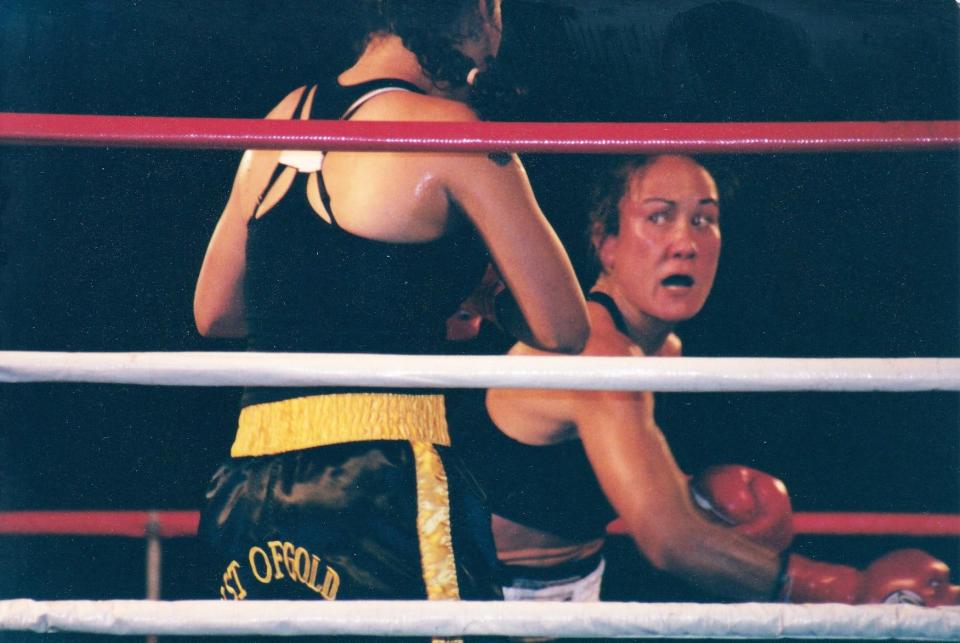
Q: When did you know you’d been “knocked out” by the boxing bug (yes I said that)?
A: After I survived the battle with Layla McCarter, I was hooked. I fell in love with everything about the sport, including the intense training, sparring with men, and the excitement leading up to each match. I especially loved what boxing did for me internally; the stronger I became physically, the stronger I became mentally.
Q: It sounds like boxing was an escape for you – what do you mean by that?
A: Boxing was my salvation: it was about knocking out my inner demons of the past, facing my trauma, and remaining fearless no matter how much my memories frightened me. The hardest part was learning how to embrace my darkest pain and love the broken parts of myself, and accept that some wounds can never heal. Rather, these wounds callus over, dulling the point of initial contact, serving as a reminder that survival prevailed.
Q: Why’d you stop boxing?
A: I spent most of my life in emotional pain as a result of the circumstances around me. When I decided to box, I intentionally put myself in a world of hurt. I had to ask myself why I was choosing to be hurt, or hurt others. I realized my fight was never in the ring: The battle was with my self, my thoughts, my old paradigm. I had to find ways to transcend my anger, depression and resentment without fighting; I had to find my power in my own ring of life.
Q: And what happened next?
A: After I quit boxing in 2000, I became a freelance writer, and have since earned a reputation as “The Writer Specializing in Good News.” Journalism continues to be my passion and I find great inspiration in writing about amazing people who overcome great odds—much greater than anything I have endured. These people remind me that yes, life can be hard and heartbreaking, but with faith, perseverance and never giving up, life can go on.
Q: I understand there’s going to be a movie based on your book. How did that come to be?
A: Slavica Bogdanov of Empowering Entertainment reached out to me through LinkedIn after she saw my social media posts about Fighting Chance, which was released in February. She wrote the screenplay in April and the film will most likely be released sometime next year. I am honored to be aligned with Empowering Entertainment, which is all about creating powerful stories to inspire and empower millions worldwide.
Q: What’s been the best part about sharing your journey?
A: The feedback I’ve received from readers, especially women who have survived abusive relationships, and others who have struggled with depression and/or other forms of mental illness. Being vulnerable in my book about my own struggles has prompted many to reach out to me with similar stories. This connection is priceless.
Q: Anything I didn’t ask you about?
A: I never expected boxing to infuse my psyche emotionally, spiritually and mentally, and put me on a path toward enlightenment. To this day, the skills I discovered in the ring translate to everyday life. I learned that the fight starts from within—and when faced head-on with conviction, honesty, vulnerability and faith, the battle is sublime.
For more information about "Fighting Chance," including how to get a copy, visit Doyle's web site or email her: alicia@aliciadoyle.com.
In California brings you top news and analysis from across USA TODAY Network newsrooms. Also contributing: KPPC, Transparent California.
This article originally appeared on USA TODAY: California, coronavirus, unemployment, boxing, overtime: Tues news

